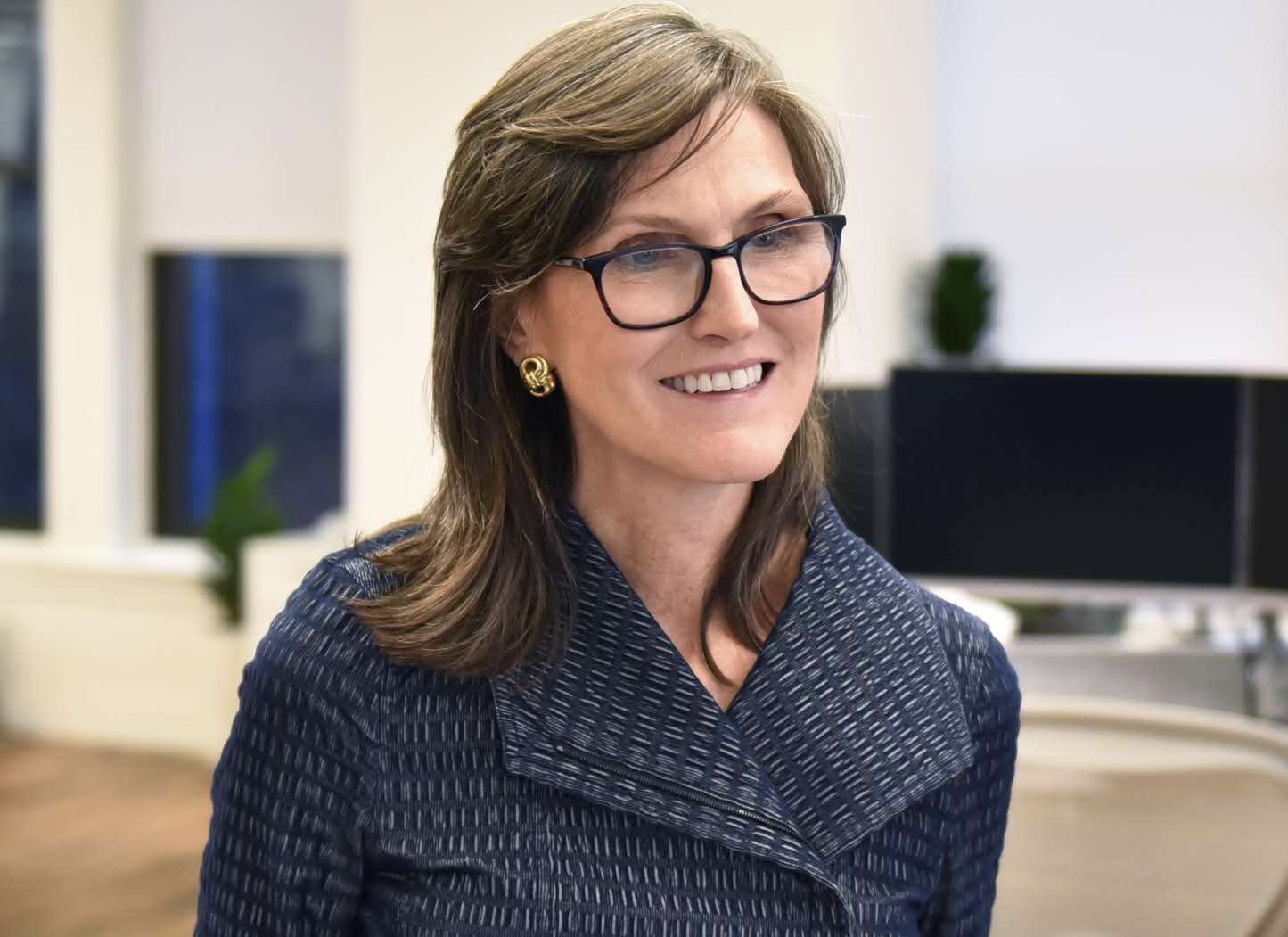Singularity Finance CEO Cloris Chen participated in a key U.S. Senate roundtable to discuss cryptocurrency regulation, digital asset taxation, and AI-driven financial innovation. The event, hosted by Senator Marsha Blackburn and attorney Andrew Gordon, featured notable senators including Tim Scott, Cynthia Lummis, Bernie Moreno, Bill Hagerty, and Blackburn, all emphasizing the need for regulatory clarity to foster innovation.
Gordon, a leading expert in crypto taxation, stressed the urgency of tax reform, criticizing restrictive policies that have driven blockchain innovation offshore. He called for regulatory frameworks that support developers, entrepreneurs, and businesses shaping the future economy.
Senator Scott revealed that a stablecoin bill and a broader market structure framework are expected to pass within 100 days, providing long-awaited regulatory guidance. Lummis outlined tax reforms, ensuring that mining and staking rewards won’t be taxed until sold. The proposed legislation also seeks to repeal the broker rule and introduce a $600 de minimis exemption for crypto transactions. Additionally, the Lummis-Gillibrand framework aims to refine the Howey test, reducing regulatory ambiguity surrounding digital assets.
Chen addressed the challenges of tokenizing real-world assets (RWA) under current U.S. regulations. She emphasized the need for clear guidelines to prevent tokenized AI assets and Treasury bills from being classified as securities, making compliance more feasible for U.S. investors. Without regulatory improvements, she warned, the U.S. risks falling behind in the global shift toward tokenized and AI-driven finance.
Singularity Finance is an AI-focused, EVM-compatible L2 blockchain designed to tokenize and monetize AI assets. Emerging from the SingularityNET ecosystem, it aims to be the financial hub for AI, providing a compliant framework for RWA tokenization.


























Comment 0